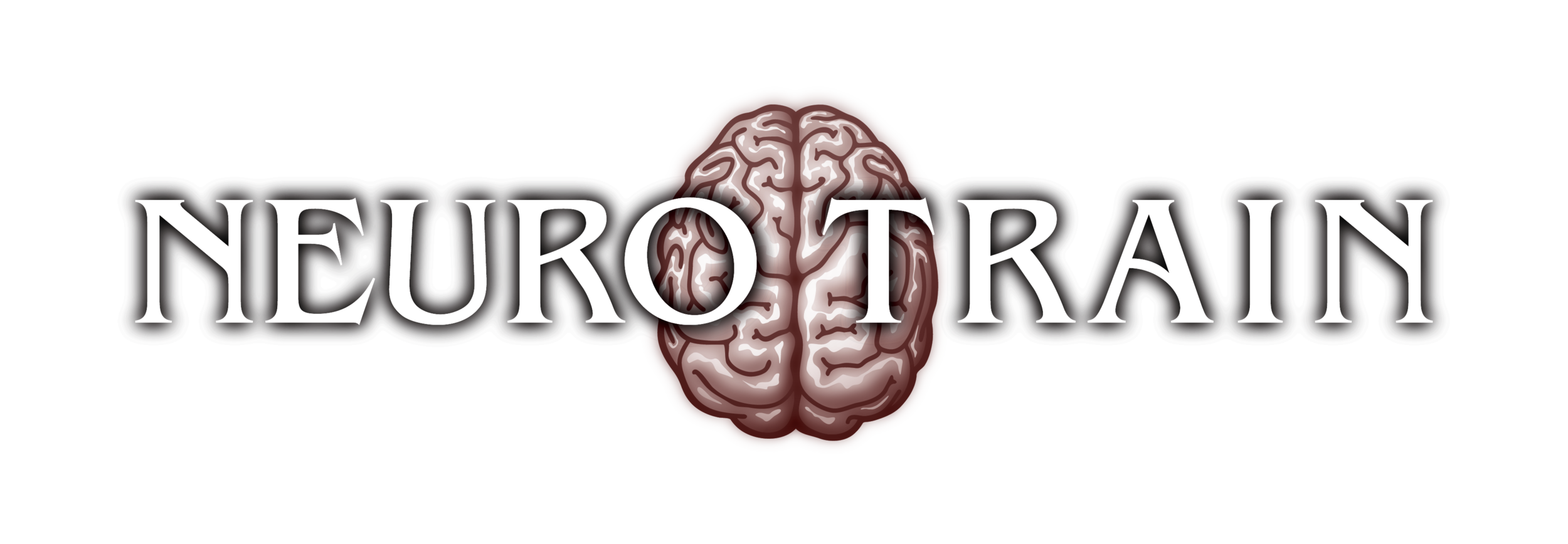Embracing the Winter Months: How to Thrive in the Darker Seasons
“Having enjoyed the mild climate of Mexico, I became very conscious of the harm done to us by northern winters, and began developing the idea of "winter sickness." In 1966-67, allergies, PMS, weight gain, colitis, and arthritis came to my attention as winter-related problems, and I assumed that the high-latitude incidence of MS related to what I was seeing and experiencing.
Studies in Leningrad began revealing that mitochondria are injured during darkness, and repaired during daylight. I observed that hamsters' thymus glands shrank in the winter and regenerated in the summer; shrinkage of the thymus gland is a classical feature of stress, and usually reflects the dominance of cortisone, though estrogen and testosterone also cause it to shrink. Winter's darkness is stressful in a very fundamental way, and like any stress it tends to suppress thyroid function. In the hypothyroid state, any estrogen which is produced tends to accumulate in the body, because of liver sluggishness.
I began to see that PMS could be controlled by certain things--extra light, supplements of sodium and magnesium, high quality protein, and correction of deficiencies of thyroid and progesterone. In working on my dissertation, I saw that tissue hypoxia (lower than optimal concentrations of oxygen in the blood) may result from estrogen excess, vitamin E deficiency, or aging. There is a close biological parallel between estrogen-dominance and the other hypoxic states, such as stress/shock, and aging.” - Dr. Ray peat
Embracing the Winter Months: How to Thrive in the Darker Seasons
As we transition into the darker time of the year, it's crucial to understand what this means for our health and well-being, and how we can set ourselves up for success during the winter season. Whether you're in Colorado, Wisconsin, California, or anywhere else in the world, the winter months bring unique challenges and opportunities for everyone.
Understanding the Winter Sun
In places like Colorado, the sun dips below 30 degrees in November and doesn't rise above it until March. This means we don't get direct vitamin D from the sun for about four months. Vitamin D is essential for hormone production, sleep, mood, pain management, and muscle contractions. To combat this, a vitamin D supplement or lamp can be a great start. We recommend the Sperti lamp, which provides UVB waves, a solid source of vitamin D.
The Benefits of Vitamin D Lamps
Vitamin D lamps, like the Sperti, are beneficial for those who feel the effects of reduced sunlight. They can help improve skin health, mood, and even appetite by reducing cortisol levels. If you're new to using a vitamin D lamp, it's best to start with less clothing on and gradually increase exposure time. Listen to your body and adjust as needed.
Alternatives and Additional Tips
If a vitamin D lamp isn't accessible, tanning beds can be a helpful alternative. Even a few minutes can aid in improving gut health, skin conditions, and mood. However, it's important to avoid these if you've consumed polyunsaturated fatty acids (PUFAs), which can increase the risk of skin issues when combined with sun exposure.
The Role of Diet
A diet low in PUFAs and rich in saturated fats can protect against sun damage. On days when you indulge in less healthy options, it might be best to skip the vitamin D lamp. Coconut oil and vitamin E can help stabilize the body's response to unsaturated fats, reducing inflammation.
Embracing Community and Shared Resources
Sharing resources like a vitamin D lamp within your community can be beneficial. It allows multiple people to benefit from the lamp's effects, fostering a sense of community and shared wellness goals. Keep an eye out for discounts from companies like Sperti to make these resources more accessible.
The Importance of Natural Sunlight
Even during the winter, natural sunlight is invaluable. It helps regulate serotonin and melatonin levels, reducing stress hormones like adrenaline. A simple 15-20 minute walk outside can significantly improve mood and overall well-being.
Final Thoughts
As we navigate the winter months, remember that tools like vitamin D lamps and a supportive community can make a significant difference. For more tips and resources, visit our website at ineurotrain.com, where you'll find recommended products and supplements to support your journey.


